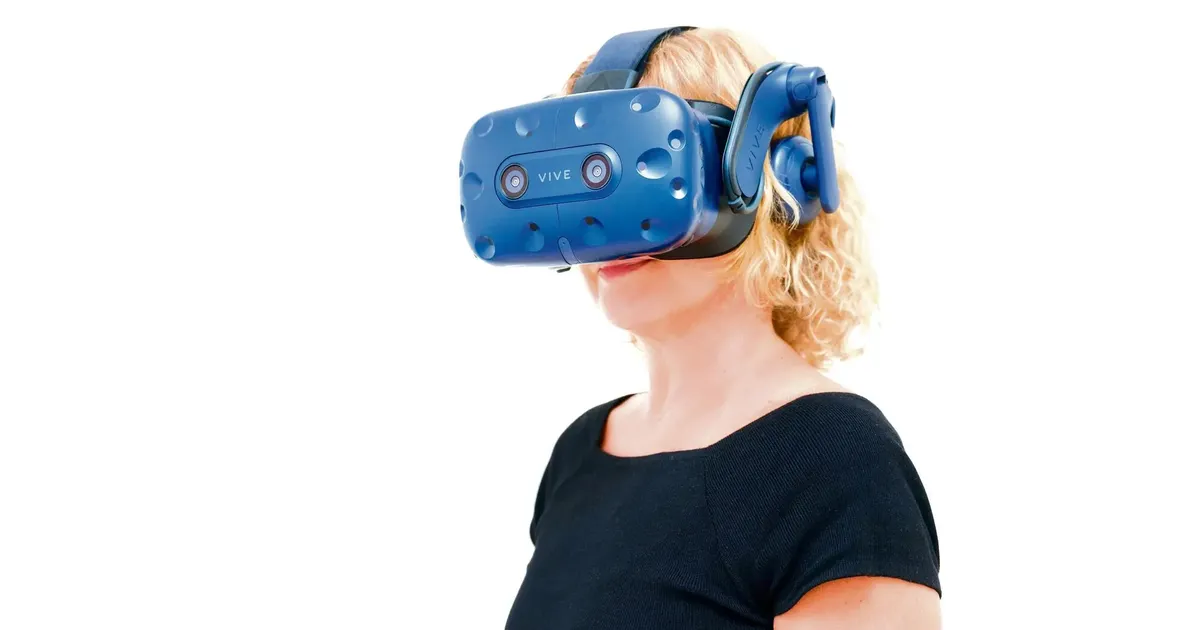With the introduction of virtual reality (VR) technology, Medius Clinics wants to set new standards in the treatment of anxiety disorders. The goal: patients should overcome their fears in a safe and controlled environment and regain their quality of life.
Anxiety disorders are among the most common mental disorders: around 15 percent of Germans suffer from them during their lifetime. “Confrontation is the most effective treatment for anxiety disorders,” explains Dr. Sigmund Gulks, chief physician at the Clinic for Psychiatry and Psychotherapy at Medius Hospital Kirchheim. It’s about becoming active yourself. “Patients learn to overcome avoidance strategies in anxiety-provoking situations and remain able to act. They notice that the fear goes away when they endure it and feel that they can cope with something,” explains Dr. Sigmund Gulks, chief physician at the Clinic for Psychiatry and Psychotherapy at Medius Hospital Kirchheim. However, implementing confrontation therapy in everyday life often presents challenges for therapists.
Realistic and effective
Virtual reality technology helps patients immerse themselves in a virtual world under the supervision of a therapist so that they can overcome their fears. Patients experience an interactive 3D environment using virtual reality glasses with high-resolution displays, headsets, and sensors. Computer created people
Interact with them realistically, which is especially useful for social fears such as fear of speaking or being the center of attention. Therapists can carefully control the virtual peer’s reactions, whether they are benevolent or critical, in order to tailor therapy to the individual.
Studies have already proven the effectiveness of VR-based exposure therapy: Patients show measurable stress reactions when they have to overcome challenges in the virtual world such as lectures or standing on tall buildings. Through repeated encounters, they learn how to deal with these situations and successfully transfer what they have learned to their daily lives.
The use of virtual reality also offers new possibilities for diagnosis. “Anxiety disorders produce emotional and physiological reactions that cannot be replicated in therapy discussions and that patients often do not remember exactly,” says Dr. Sigmund Gulks. In the virtual world, however, therapists can closely observe when and how patients react to stress and ask specifically what thoughts are running through their minds.
Ultra-modern technology, which has so far only been used sporadically in Germany, is now part of everyday life at the Clinic for Psychiatry and Psychotherapy in Kirchheim.pm

“Certified tv guru. Reader. Professional writer. Avid introvert. Extreme pop culture buff.”







More Stories
Samsung Quantum Dot TV: Art meets technology
Pitch: €56m for energy startup Reverion
Plastoplan: Plastics for Energy Transition